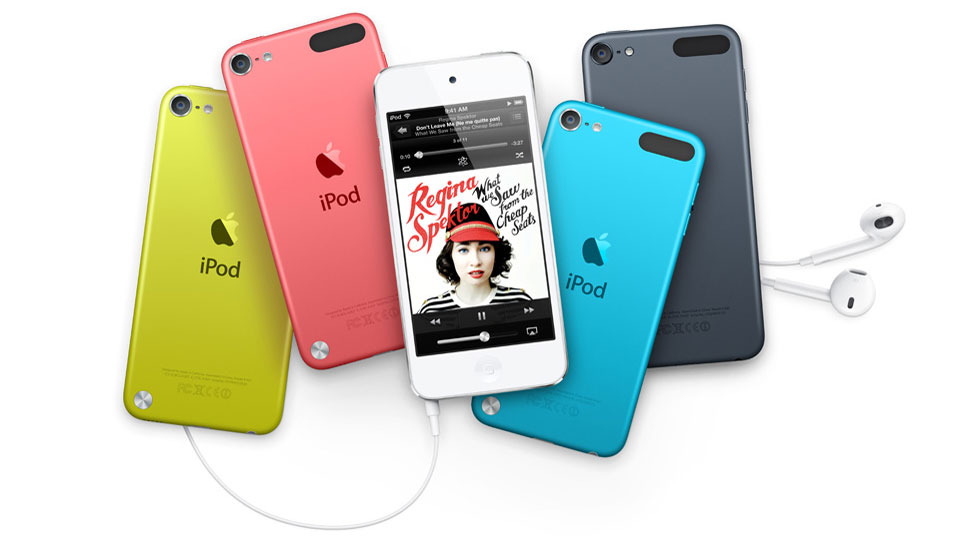Apple has made the iPod touch relevant again
More than just a hobbled iPhone

Sign up for breaking news, reviews, opinion, top tech deals, and more.
You are now subscribed
Your newsletter sign-up was successful
Something that's apparent in an awful lot of technology is the manner in which companies create a high-end product of some sort, and then proceed to rip bits of it out, in order to create a product line.
1980s portable keyboards used to have comically obvious swathes of black plastic that once featured buttons and exciting flashing lights on the more expensive models. Roughly the same has been — and remains — true for cars, televisions, audio equipment, and, of course, Apple products.
For Apple, the most obvious aspect of 'start at the top and remove bits' is apparent when comparing versions within a single product line, such as the iPhone or the iMac.
As the options become cheaper, they lose storage, RAM, clock speed, and other features. But for years, Apple's also played this game across the iPhone and iPod touch lines, with the latter being a poor cousin to its superstar sibling, almost to the point of near irrelevance in all but a few markets — namely as a device for kids, or as an imperfect iPhone alternative for people without the funds to afford an iPhone.
It would be naïve to suggest the fifth-generation iPod touch doesn't continue tech companies' long-standing obsession with creating something and then figuring out how to make cheaper versions, but the new model also showcases how longevity and relevance can be heavily impacted by what you keep and also what you add.
As before, the new iPod touch has the same screen size and resolution as the iPhone, runs the same software, and is skinnier and lighter (6.1 mm and 88 grams, respectively). Additionally, it features last-year's iPhone guts, with the A5 chip being a big boost over the earlier iPod touch, but no match for the A6 in the iPhone 5.
Snap away
Elsewhere, though, the iPod touch suddenly looks like a relevant product again, rather than a device hugely compromised by various cuts primarily made for economic reasons.
Sign up for breaking news, reviews, opinion, top tech deals, and more.
The main camera shoots 1080p video and 5 megapixel photos. The latter figure probably won't excite pro photographers, but it's more than good enough for quick snaps and will undoubtedly give the point-and-click camera market pause for thought.
Most importantly, it means you can now use the iPod touch for fairly decent photos when there's no other option available, rather than ending up with depressingly low-quality video stills. Additionally, there's AirPlay mirroring, increasing the device's utility if you've an Apple TV, and the introduction of colourful shells across the line.
Apple is often accused of paying too much attention to aesthetics, but one might argue the iPod touch has always lacked its own identity, coming across like a thinly sliced first-generation iPhone. Now, in yellow, blue and pink, the iPod touch's design matches Apple's description of it as a device for entertainment, and for more conservative users, silver, slate and white alternatives are offered.
For those of us at the geekier end of the spectrum, minor grumbles remain.
3G would have been a great inclusion (although one that could potentially have cannibalised iPhone sales and impacted on pricing and battery life, hence, we imagine, its exclusion), and we question Tim Cook's decision to confuse the product line, leaving a 32 GB fourth-generation iPod touch on sale when a fifth-generation 32 GB model will be added to the line-up in October.
Still, while tech news will now undoubtedly mostly concentrate on what the iPhone 5 means for Apple, it's clear the iPod touch could once again make the iPod name truly important to the company.